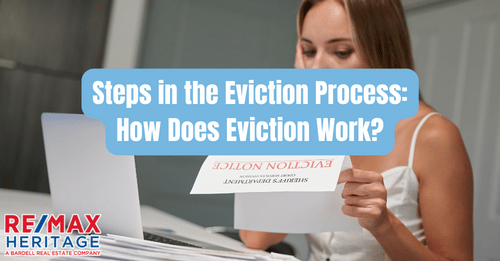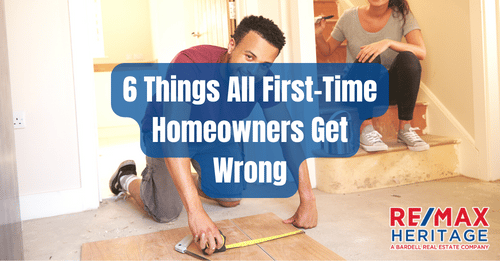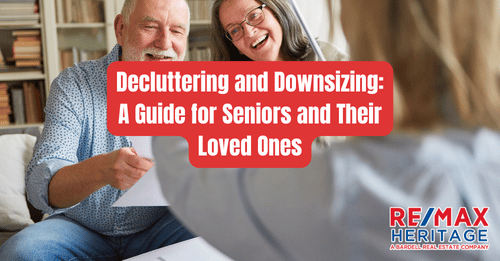
by Elsa Soto | Nov 18, 2022 | Blog, News, Property Management, Renters
How Does Eviction Work? Going through an eviction isn’t an ideal outcome for landlords or their tenants. Surprisingly though, the eviction process is more common than you think — according to the U.S. Federal Reserve, roughly 3 million non-homeowners were evicted or...

by Elsa Soto | Nov 17, 2022 | Blog, Local Events, News, Things to Do in Orlando
Jingle Eve Ivanhoe Event Jingle Eve Ivanhoe Event It’s the most wonderful time of the year… it’s Jingle Eve! Get ready for the BEST party of the year for more than 20 years running. Jingle Eve is the annual kickoff of the Orlando holiday season. Spanning...

by Elsa Soto | Nov 16, 2022 | Blog, Buyers, Homeowners, Homes, Villas and Condos, News, Real Estate News, Sellers
What Is a Short Sale? What Is a Short Sale? The Benefits for Buyers and Sellers Say you’re selling your home; however, the offer you get is so low, it won’t cover the total amount you owe your lender on your mortgage balance. But you need to unload it, so...

by Elsa Soto | Nov 15, 2022 | Blog, Buyers, Homeowners, Homes, Villas and Condos, News, Real Estate News
6 Things All First-Time Homeowners Get Wrong 6 Things All First-Time Homeowners Get Wrong Like most major milestones in life, becoming a first-time homeowner comes with quite a few learning curves. Even after you close on the house and it becomes officially...

by Elsa Soto | Nov 9, 2022 | Blog, Buyers, Homeowners, Homes, Villas and Condos, News, Real Estate News
What Real Estate Agents Need First-Time Buyers To Know What Real Estate Agents Need First-Time Buyers To Know You slapped your John Hancock on the closing paperwork. You’re happy with your loan … well, as happy as you can be, considering the magnitude of the...

by Elsa Soto | Nov 8, 2022 | Blog, Buyers, Homeowners, Homes, Villas and Condos, News, Real Estate News, Retirement / 55+, Sellers
Decluttering and Downsizing for Seniors Decluttering and Downsizing: A Guide for Seniors and Their Loved Ones Throughout our lifetime, it’s easy to accumulate belongings that we may no longer use. Whether it’s a gift you didn’t want in the first place, an expensive...








